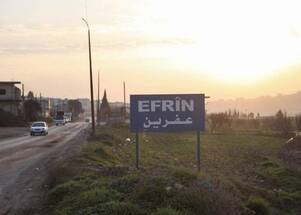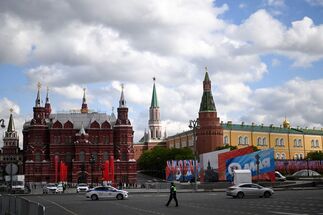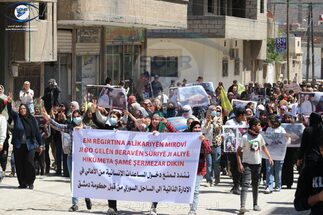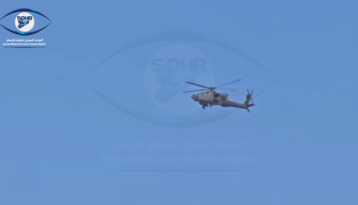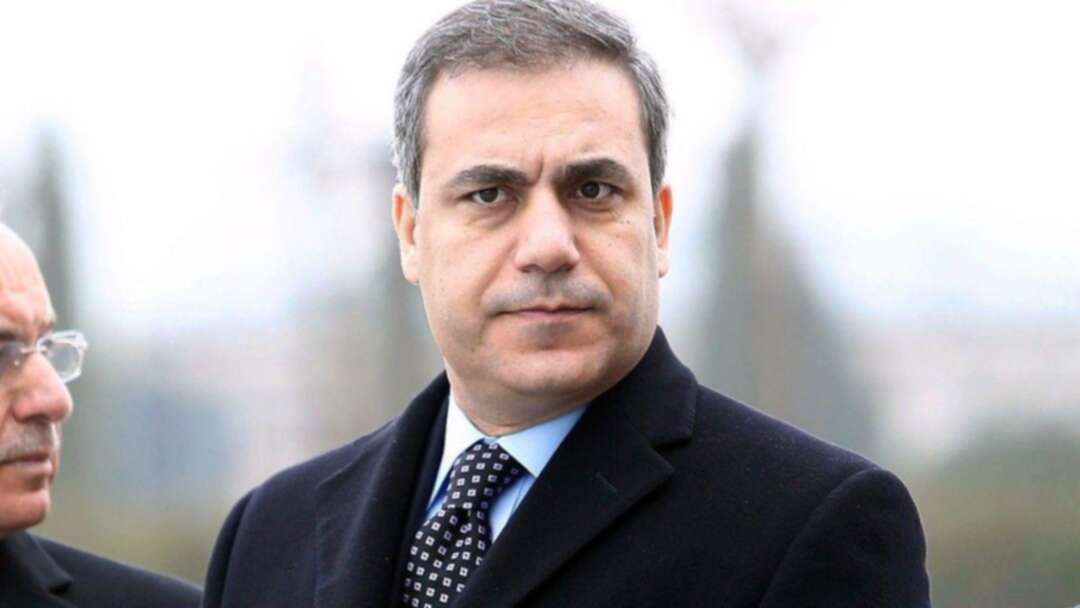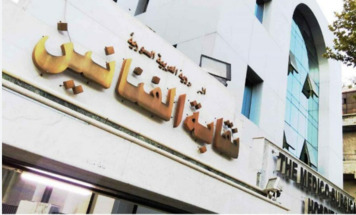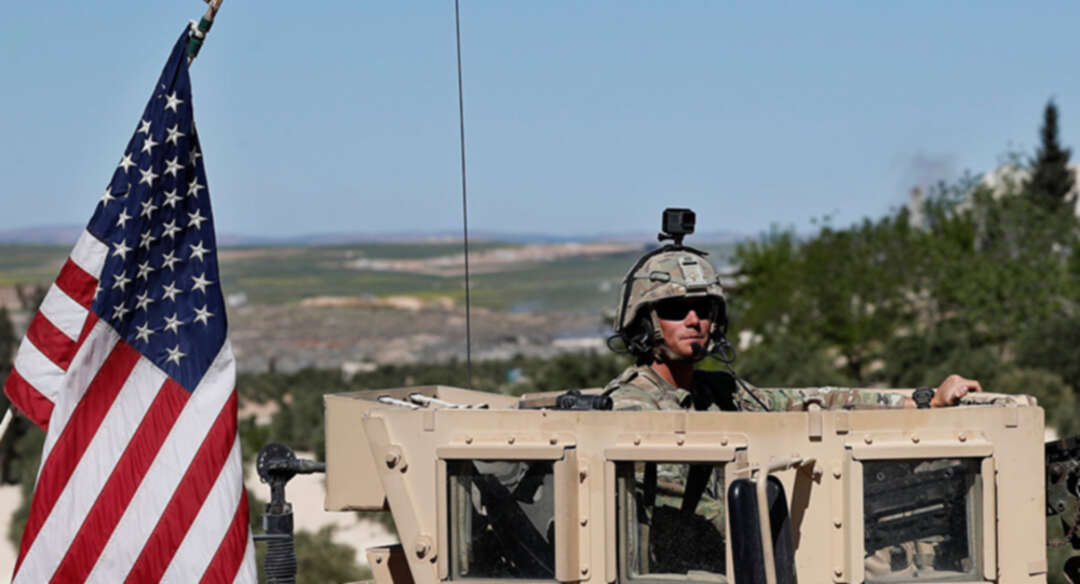-
Russia...Iran and the source of tension in eastern Syria
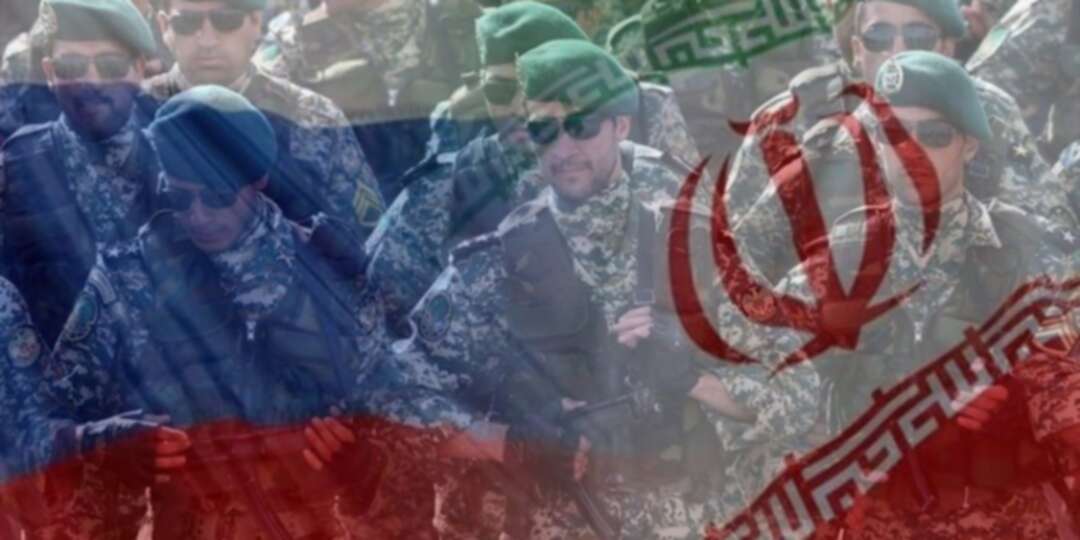
Tension between Russian and Iranian forces are increasing in Syria as Russian troops stationed in eastern Syria blocking Iranian allies from being emplaced at a number of points near the Iraqi-Syrian border.
Economic interests control the conflict between the Russians and the Iranians in Syria. However, the conflict does not escalate to a direct military confrontation as promoted. Russia has announced its unwillingness to hustle Iran out of Syria after the RUSSIAN-US-ISRAELI tripartite meeting in Jerusalem.
Russia's national security adviser, Nikolai Patrushev, strongly defended Tehran at the Tel Aviv summit. He stressed that Russia rejects the demonization of Iran and rejects Israeli attacks in Syria—saying it is unwelcomed.
The former deputy foreign minister of Iran, Hussein Gabri Ansari, had stressed earlier that Tehran and Moscow have different views regarding Israel. However, there are common interests with Russia in Syria.
The Russian-Iranian rivalry in Syria is still going on and away from foreign policies. The internal conflicts between the two sides have reached the level of the recruitment in the army and security forces of the Syrian regime. It is kind of imposing influence within the security institutions.
The appearance of the Syrian regime leader, Bashar al-Assad, at Khmeimim air base accompanied by Russian president Vladimir Putin, and then flying over to Iran to take some photos, was the absolute proof of the contention between the two sides to assert al-Assad’s influence in Syria.
The Russian fear of the Iranian military and economic expansion in Syria remains constant for many reasons. First, unveiling the Iran-Syria railway project via Iraq which passes through the province of Deir al-Zour where the last alert took place. Second, Iran's taking over Lattakia port which will be the last stop of the railway line.
Iran is seeking to secure the Iran-Syria railway route, which is planned to begin from the border town of Bou Kamal— now under joint control of Syrian regime forces and Iranian-backed militias.
This land route is a key goal for Iran; it ensures a supply route for arms transfers to Hezbollah in Lebanon and facilitates the movement of militias it supports, as well as being an alternative route to Gulf waters. Director of the Iranian railway lines, Saeed Rasooli, confirmed during a meeting with his Syrian and Iraqi counterparts a few days ago that the railway line would start from the port of Imam Khomeini in Iran, passing through Shalmja on the Iraqi border and the Iraqi city of Basra to reach the port of Lattakia.
The Russians and the Iranians have gathered to defend the weakened Syrian regime and Assad's survival at the helm of the system, but Russia's concern about Iran's presence on the Mediterranean is a strong source for confronting Iranian projects in Syria. Russia wants to be the main power on the east coast of the Mediterranean. Tartus port, which Russia has rented for 49 years, is its sole guarantee in the region.
The conflicting economic interests of both sides are likely to develop these skirmishes and disputes and turn them into a military confrontation, since the proliferation of Iranian militias in Syria poses a clear threat to the Russian presence in the region.
You May Also Like
Popular Posts
Caricature
BENEFIT Sponsors Gulf Uni...
- April 17, 2025
BENEFIT, the Kingdom’s innovator and leading company in Fintech and electronic financial transactions service, has announced its sponsorship of the “Innovation and Sustainable Technology Solutions Competition (GU - IST Solutions), hosted by Gulf University at its main campus.
This strategic sponsorship reflects BENEFIT’s active role in advancing technological innovation and fostering sustainable solutions to future challenges. It also seeks to empower Bahraini youth by enhancing their skills, capabilities, and competitiveness in innovation and solution development—contributing meaningfully to the broader goals of sustainable development across all sectors.
As part of BENEFIT’s active involvement in the competition, the company has announced that Hanan Abdulla Hasan, Senior Manager of Public Relations and Communication, will serve on the competition’s supervisory committee. Her upcoming participation reflects BENEFIT’s forward-looking commitment to championing academic and professional excellence.
Commenting on the occasion, Hanan Abdulla Hasan, Senior Manager of Public Relations and Communication at BENEFIT, said, “We are privileged to support this pioneering initiative, which aligns seamlessly with BENEFIT’s enduring commitment to fostering innovation and nurturing the potential of Bahrain’s youth. Our participation is rooted in a deep sense of social responsibility and a firm belief in the pivotal role of innovation in shaping a sustainable future. Through such platforms, we seek to empower the next generation with the knowledge, skills, and foresight required to develop impactful solutions that address future challenges, in line with the United Nations Sustainable Development Goals 2030.”
Dr. Aseel Al Ayash Dean of the College of Engineering in Gulf University commented, “We extend our sincere gratitude to BENEFIT for their generous sponsorship and support of the Innovation and Sustainable Technology Solutions Competition. This contribution plays an instrumental role in helping us achieve the strategic goals of this initiative, namely, cultivating a culture of innovation and sustainability, encouraging efforts that address the imperatives of sustainable development, and enhancing the practical and professional capabilities of our students and participants.”
The event will bring together a diverse spectrum of participants, including secondary school students, university undergraduates, engineers, industry professionals, entrepreneurs, academic researchers, and subject matter experts representing a wide range of disciplines.
The competition seeks to inspire participants to develop and present innovative, sustainable technologies aimed at addressing pressing environmental, social, and economic challenges. It encourages the formulation of business models that integrate advanced technological solutions with core principles of sustainability. Moreover, it serves as a platform for emerging leaders, entrepreneurs, and innovators to contribute to the advancement of the Sustainable Development Goals, promote the ethos of responsible technology, and demonstrate its transformative potential across various sectors.
Attendees will have the opportunity to view a series of project presentations submitted by participants, covering diverse areas such as eco-friendly product design, smart and sustainable innovations, renewable energy technologies, water conservation and management, waste minimisation and recycling, green architectural solutions, and sustainable transportation systems. Outstanding projects will be formally recognised and awarded at the conclusion of the event.
opinion
Report
ads
Newsletter
Subscribe to our mailing list to get the new updates!

